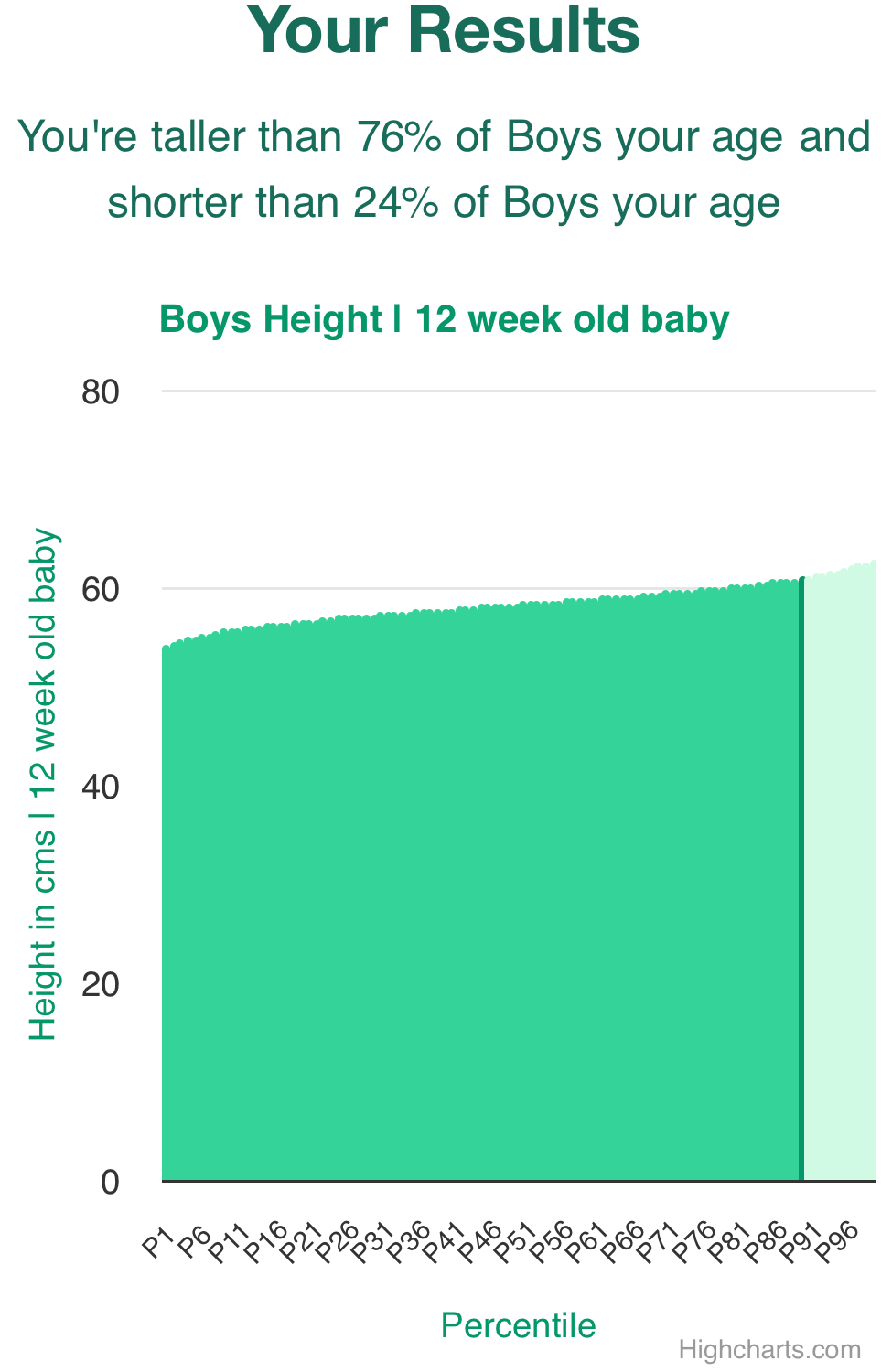Boys Weight chart in lbs for babies 12 week old baby

General Summary: 12 week old baby boys weight
In most cases, weight measurements for 12 week old baby boys will be in the range between 8 and 13 lbs. The average weight for 12 week old baby boys is 10 lbs, according to the CDC and anonymized data from users.
All Results
Enter your weight measurements above to see how they compare
So far, we have recorded [0] weight measurements for 12-week-old-baby boys on LifeMeasure!
(chart updates daily)
See more ages